A Note on Methodology
From the middle of January to the middle of February 2017, 1,000 representative Arab Citizens of Israel participated in a telephone survey, conducted in Arabic. They were asked to respond to a random series of questions on a scale from 1-5, with “one” representing total disagreement, “three” representing neither agreement nor disagreement and “five” representing total agreement, and with an option to say that they didn’t know or had no opinion. The margin of error of the survey is 3.2%
About the Survey
The survey analyzes data on two levels: via a calculated analysis of the average of the answers of all the responses to a question, and through “psychographic segmentation,” a special mapping tool which allows the survey takers to expose the existence of different trends or groupings within the population being surveyed based on their answers.
Main Findings
The findings of the survey bear witness to a wide-ranging desire among the Arab Citizens of Israel to integrate into the wider Israeli society. When this trend is analyzed, differences in opinion are shown about specific central issues of Israeli society and in regards to the level of integration desired and to what extent. The survey also posits a segmentation of the Arab population based on their answers to questions relating to the above issues, thus presenting four potential subgroups that can be delineated based on their relative alignment on the societal “integration versus separation” scale.
Overall Satisfaction with Life in General and Life in Israel in Particular
The majority of respondents are satisfied with their lives in general, and agree with the sentiment that they are offered more opportunities than previous generations. That being said, there is a rather significant division of opinions as to whether the State of Israel creates opportunities for Arab-Israelis (with similar levels of agreement and disagreement), and a high percentage feels that status of Arabs in Israel has not improved in recent years – 41% say that it hasn’t improved, while 30% say that it has.
Relationships with Jews and Integration into State Institutions
The desire of Arab-Israelis to integrate into the state is very clear: the majority of respondents reported that they that are ready to work in a place where Arabs and Jews work together, and around 50% of the respondents support the integration of Arabs into the police force. Nearly half of respondents said that would like to expand their circle of Jewish acquaintances, and a similar number noted that they feel comfortable in predominantly Jewish surroundings. Nearly half of respondents reported that they are not afraid to be around Jews during periods of tensions due to the security situation.
Equality for Women – Traditions – Modernity – The West
76% of all respondents to the survey reported that they support men taking a more active and significant role in childrearing and housework. Additionally, two-thirds of respondents reported that they would like to see more women involved in local and national politics. Cross-comparing the responses to the different questions asked about issues of preserving tradition, culture, and opinions about western cultures reveals interesting results: While 71% of survey participants reported that their friends viewed them as “modern,” only one-third of respondents expressed a desire to live in a society similar to that in western countries, and only one-third of respondents reported that they keep traditions as the result of social pressure. These data seem to demonstrate a strong desire to preserve culture and existing traditions along with a developing modern particularist (i.e. non-universalist) worldview, one that does not necessarily desire to imitate the West.
The Israeli-Palestinian Conflict
The views of the Arab community on the Israeli-Palestinian conflict are varied, with no sense of general agreement. For example, one-third of respondents agree that the Land of Israel/Historic Palestine is the homeland of the Jewish people just as much as it is the homeland of the Palestinians, and one-third disagree.
Arab Citizens of Israel Cannot Be Defined as a Singular Grouping
The results of the survey demonstrate that Israeli-Arab society cannot be viewed as a monolithic block. when the main issues of contemporary Israeli society are considered, contradictory trends can be seen within Arab society. In order to shine a line on these tensions and complexities, the survey proposes a psychographic segmentation of the Arab society into four subgroups representing the different trends and directions present within the population. Such a segmentation enables a deeper understanding of the society than one based on answers to the questions asked alone. As part of the process of creating these subgroups, a “self-identification” question was provided to respondents in which they were asked to describe own identity by dividing it into percentages based on its relative importance to their self-perception of their identity. The following categories were offered: Arab, Palestinian, Religious (i.e. Muslim, Christian, or Druze), and Israeli. Respondents answers to this question served as a central tool in discerning the ultimate segmentation.
Overall Average Identification Self-Categorization:
36% Religious Identity, 28% Arab Identity, 20.6% Israeli Identity, 14.8% Palestinian Identity
The results of the survey, and of the segmentation breakdown in particular, testify to the complexity of the divisions within Arab-Israeli society and to the level of differentiation and division within it when it comes to the central issues of Israeli society today. They also break down the correlation that is made in Israeli society between level of religiosity and particular political and/or nationalistic beliefs.

